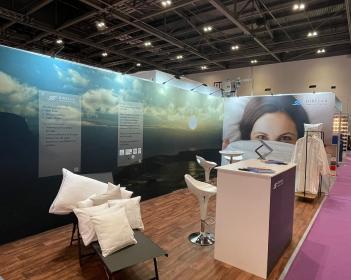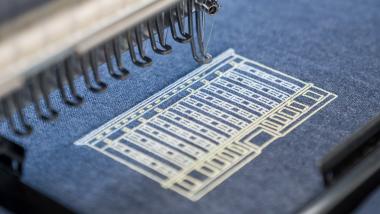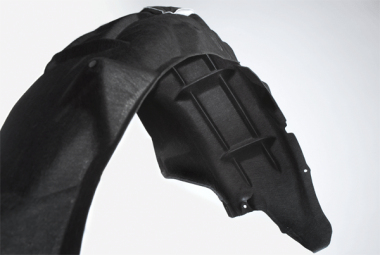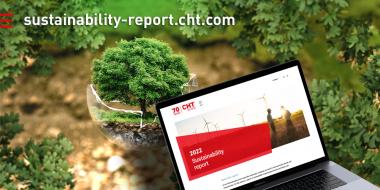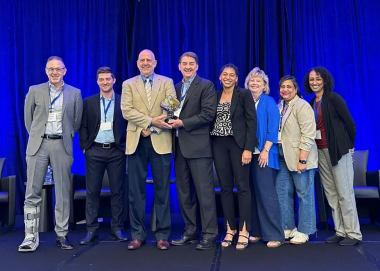Dibella: Product launch at two London trade fairs
Dibella will present its circular bed linen “Versailles” at the Sustainable Design Summit and the Cruise Ship Interiors Design Expo in London. Dibella is thus once again underpinning its reputation as a pioneer in the field of sustainability.
The Bocholt-based company is presenting its new innovation for the first time at the Sustainable Design Summit on 28 November 2023 at the Museum of London Docklands. International visitors from the cruise, hotel and aviation sectors will have the opportunity to find out more about the first circular bed linen "Versailles".
At the subsequent Cruise Ship Interiors Design Expo from 29 to 30 November 2023 at ExCeL in London, Dibella will be exhibiting for the second time after a successful start in 2022. Under the motto "Almost too good to get out of bed", Dibella will be presenting its new innovation "Versailles", its multi-certified products, the company and its customised services and benefits.
With "Versailles", Dibella is realising its vision of a closed-loop economy. The specialist for sustainable contract textiles has succeeded in recycling old, no longer usable bed linen into new fibres and weaving them into new bed linen.
Dibella GmbH


